 Most paediatric cancer patients are subjected to treatments that are not designed for a child’s developing body.
Most paediatric cancer patients are subjected to treatments that are not designed for a child’s developing body.
This is because there has been too little research into Childhood Cancer and too few new medications to treat childhood cancer.
According to the Coalition against Childhood Cancer, a mere 4 % of America’s National Cancer Institute’s budget is dedicated to paediatric cancer research – it is even less in some other countries.
Parents and advocates say that is not enough when you consider how much life these children stand to lose.
Treatment options for Children with Cancer have been stagnant for decades, with only 3 new drugs developed specifically to treat childhood cancers since 1980, compared to the 190 new treatments that have been approved for adults in the last 20 years alone.
The Research to Accelerate Cures and Equity for Children Act that was signed into U.S. law during August this year aims to change that.
The RACE for Children Act means that new cancer drugs will be developed not only for adults – but for children too.
With the RACE for Children Act as law:
- Children with cancer will have many more novel drugs and clinical trials open to them.
- Paediatric oncologists will have new information about which cancer drugs might help their paediatric oncology patients, what the dosage of the drugs should be, and whether the drugs are safe.
- Companies developing cancer drugs will, as standard practice, plan to develop their drugs for children with cancer.
There are around 900 drugs in the pipeline for adult cancers, but few are ever studied for children.
Taylor Hurst was diagnosed at 5 years old with T-cell leukaemia (T-cell acute lymphoblastic  leukaemia (T-ALL) is a specific type of leukaemia. It is a variant of Acute Lymphoblastic Leukaemia (ALL), with features similar to some types of lymphoma) – on January 16, 2016, Taylor became one of the nearly 15,000 people under the age of 20 who contract cancer every year in the United States, according to the Centers for Disease Control.
leukaemia (T-ALL) is a specific type of leukaemia. It is a variant of Acute Lymphoblastic Leukaemia (ALL), with features similar to some types of lymphoma) – on January 16, 2016, Taylor became one of the nearly 15,000 people under the age of 20 who contract cancer every year in the United States, according to the Centers for Disease Control.
For Michelle Hurst, Taylor’s mother, there’s no question that the lack of paediatric cancer treatments was a calculated decision by pharmaceutical companies, which she thinks stand to lose money by creating more effective oncology treatments for kids.
“With the advancements in technology these days, there is so much that can be done, but everything is just money,” Hurst said. “The pharmaceutical companies think that children are not profitable. Kids would get significantly lower dosage amounts than adults.”
As it stands now, Taylor has been on the same treatment regimen that her grandfather was when he was diagnosed with cancer in his 50s. And Taylor’s case is not the exception—many paediatric cancer patients are subjected to treatments that are not designed for a child’s developing body.
According to Dr. Jolly, these harsh treatments leave paediatric cancer survivors with a number of lasting side effects, “such as decreased fertility, a weakened heart, increased risk of obesity and more frequent secondary cancers.”
This was the case with Taylor Steele, 17, who died in 2011, two days before she would have started her senior year as student body president at Liberty Ranch High School in Galt. Diagnosed at 3 years old with nephroblastoma, a type of kidney cancer known as Wilms Tumour, she survived treatment, only to be diagnosed with ovarian cancer at the age of 12.
The RACE for Children Act is an update to the 2003 Paediatric Research Equality Act, or PREA, a federal measure that required pharmaceutical companies to ensure that medications designed for adults are safe and effective in treating children. Because children are often afflicted by different types of cancers than adults, PREA did not cover many treatments, putting that R&D burden on non-profit organisations.
Recent research however, suggests that paediatric cancers show some of the same molecular targets as adult cancers. Therefore, it’s likely that the pharmaceuticals being researched for adults will be able to target paediatric cancers after more focused research, according to the office of Sen. Michael Bennet, who sponsored the new law.
The RACE law intends to close the loophole in research regulations and ensure that these new findings are being put to use.
“Childhood cancer patients face some unique challenges in addition to those that adult cancer patients have,” said Dr. Kent Jolly, a paediatric haematologist-oncologist at the Kaiser Permanente Roseville Medical Center.
 Scott Lenfestey, aka Honored Kid Scott, was diagnosed with Acute Lymphoblastic Leukaemia in November 2011 at age 3, and underwent 3 ½ years of Chemotherapy Treatment during which he took more than 1,500 pills. His father, a doctor who knows that the hardest thing to do is to walk into a room and say there is nothing more we can do for your child, saw drastic and terrifying changes in his son’s body such as hairloss and mouth ulcers, weight loss and more.
Scott Lenfestey, aka Honored Kid Scott, was diagnosed with Acute Lymphoblastic Leukaemia in November 2011 at age 3, and underwent 3 ½ years of Chemotherapy Treatment during which he took more than 1,500 pills. His father, a doctor who knows that the hardest thing to do is to walk into a room and say there is nothing more we can do for your child, saw drastic and terrifying changes in his son’s body such as hairloss and mouth ulcers, weight loss and more.
Fortunately Scott had one of the more curable types of cancer; he survived the treatment, has been busy rebuilding his strength post-treatment, and recently completed two kids’ triathlons! Scott is about to start 3rd grade and has also become an active childhood cancer advocate, speaking at various events on behalf of kids with cancer.
“Some specific cancers occur exclusively in children, so only specific paediatric research will improve the treatment of those diseases. … Many new drugs also lack the data on effectiveness, safety and proper dosage for use in children, because the paediatric testing process simply hasn’t been done.”
The hope that the RACE Act provides to so many childhood cancer families is priceless. This legislation will open the door for cutting-edge treatments and precision medicines that could make all the difference for children battling this devastating disease.
Please Share to Help Raise Childhood Cancer Awareness
Related
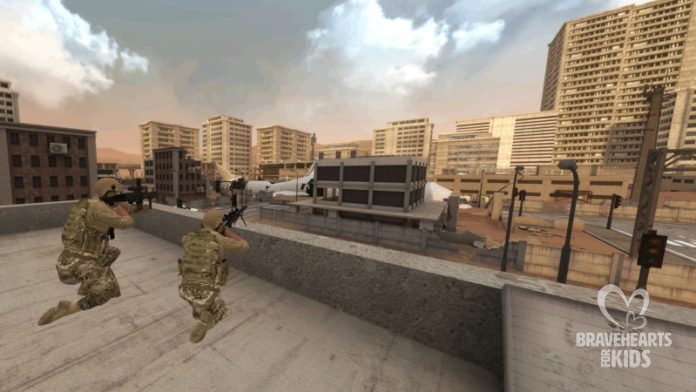



 Dr. Alastair McAlpine, a palliative pediatrician from Cape Town who works at pediatric palliative care centre
Dr. Alastair McAlpine, a palliative pediatrician from Cape Town who works at pediatric palliative care centre 
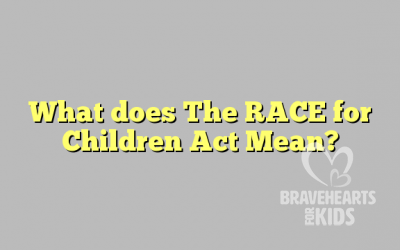



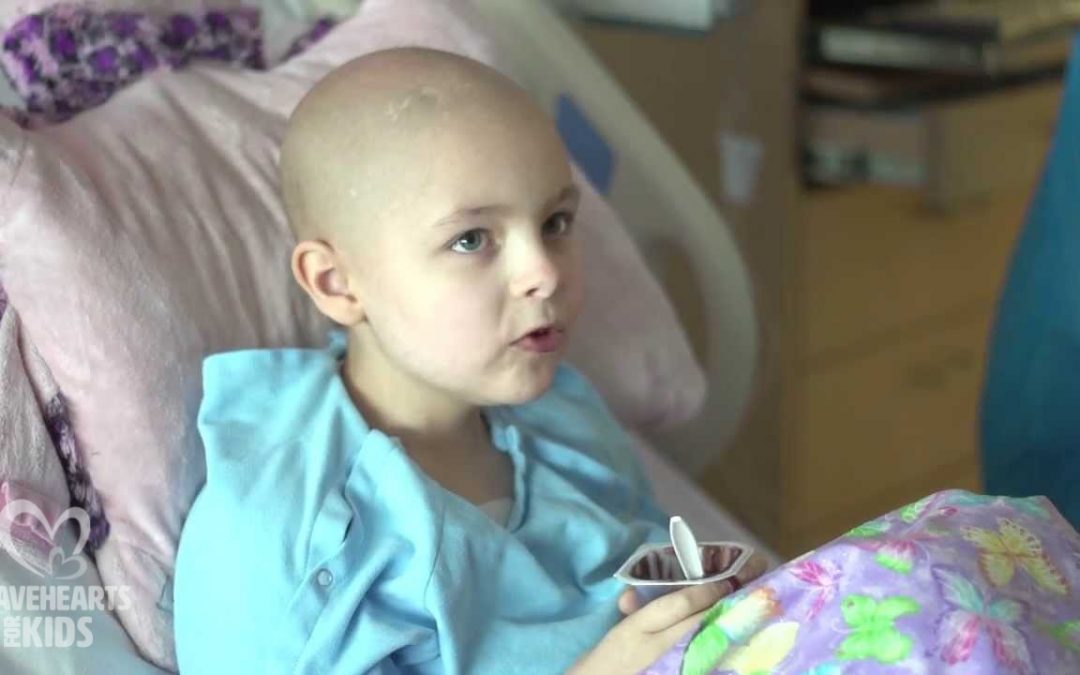

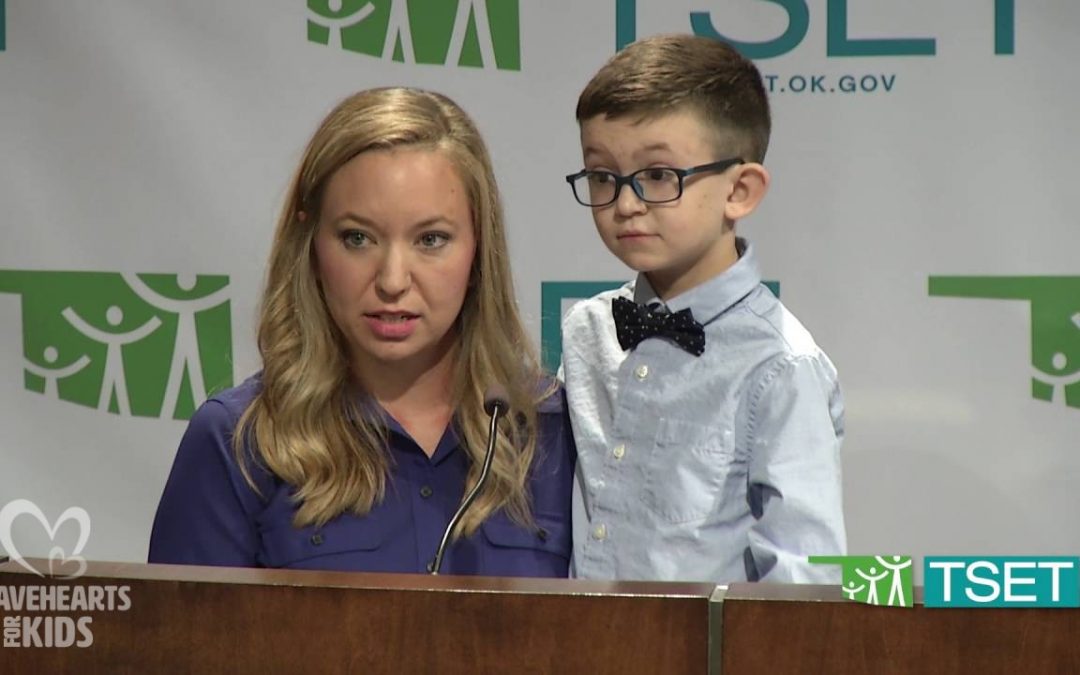
Most Commented